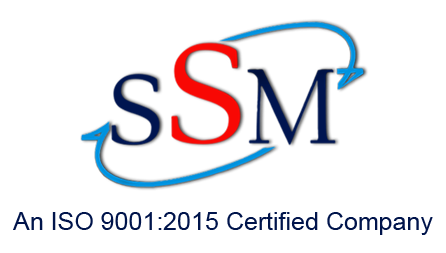Topic 4.1.2: Types of Tag
- InTouch data tags, which include discrete, integer, real, and message, are categorized as either Memory tags or I/O tags.
- Additionally the dictionary has predefined tags called $System tags that have very useful built-in functionality, such as Date and Time information.
Memory Tags:
- Memory Tags are tags that are used internally within your InTouch Application and do not acquired their data from a remote source.
- For example, Memory Tags can store the results from a mathematical calculation performed in an InTouch QuickScript.
I/O Tags:
- All tags that read or write their values to or from an external source are I/O tags.
- This includes all inputs and outputs from programmable controllers, process computers, and data from network
- I/O tags are accessed either through the Microsoft Dynamic Data Exchange (DDE) or Wonderware SuiteLink communication protocols. SuiteLink is recommended for network communication and diagnostics. nodes.
- Discrete: Internal discrete tag with a value of either 0 (False, Off or Low) or 1 (True, On or High).
- Integer (Analog): A 32-bit signed integer value in whole numbers.
- Real (Analog): Floating (decimal) point value.
- Message: Text string tag that can be up to 131 characters.
$System Tags:
- There are a number of pre-built $System Tags in the Tagname Dictionary.
- These $System tags provide data for security, date information, time information, and miscellaneous functions, such as determining the vertical and horizontal position of the current selection.
- $System tags cannot be deleted or renamed.
Special Purpose Tag Types:
There are several special tag types that you can assign to tags that perform complex functions, such as creating dynamic alarm displays, historical trends, monitoring or controlling the tag that each historical trend pen is plotting, and so on.
- Group Var: Use the Group Var type for a tag with an assigned Alarm Group to create dynamic alarm displays, disk logs and print logs.
- Hist Trend: InTouch requires a Hist Trend tag type when you create a historical trend.
- Tag ID Tags: Use Tag ID tags with historical trend objects. You use Tag ID tags to retrieve information about tags being plotted in a historical trend.
- Indirect Tags: Indirect tags allow you to create one window, and reassign the tags in that window to different sources.When you assign a source tag to an indirect tag through scripting, the indirect tag becomes linked to the source tag and allows you to access the value and .fields of the source tag.
- SuperTags: A SuperTag is a structure of tags that allow you to map InTouch tags to tag structures in a control system. This saves considerable development time when creating tags for similar devices. SuperTags are ideal for segments of plants with identical or similar equipment in multiple quantities.
Last modified: Saturday, 4 January 2020, 3:43 PM
